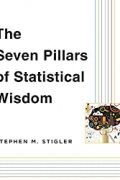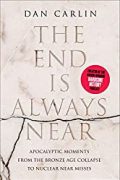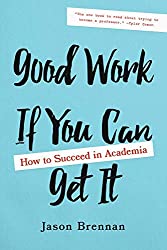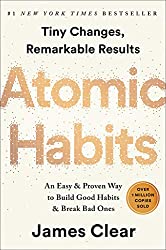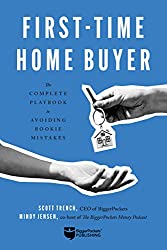
Rating: 7.9/10.
First-Time Home Buyer: The Complete Playbook to Avoiding Rookie Mistakes by Scott Trench and Mindy Jensen
Guide to buying real estate, with a focus towards first time home buyers and assumes you’re in the United States (although most of the advice applies to Canada too). The first thing to know is that your agent is not always aligned with your interests: an agent wants you to buy the most expensive home you can afford, and as quickly as possible. However, this is usually a bad idea because it leaves you “house poor”: having little financial flexibility because of the amount of mortgage payments you have to make every month.
A common but incorrect view is that renting is “throwing your money away”, compared to buying which allows you to accumulate equity in your home. But when you analyze the costs and cash flows, it’s not so clear which one is better: usually buying is better when you plan to live there for more than five years, since the transaction cost is so high. It’s better to think of buying a house as paying for a place to live, rather than as an investment, because your home will appreciate in value only if you get lucky. On average and over the long term, home values tend to rise slowly, but there is a lot of variance.
The best plan for house appreciation is finding a worse-than-average home in a good neighborhood: if the location is desirable, then it will probably appreciate, but if it is already relatively expensive, then there’s not as much room to increase further. This means you will buy a house with some issues, and renovate it to make it more desirable. Be aware of taxes that apply after you live in a house or rent it out for a specific period of time. Before buying, analyze the monthly cash flow as if you will rent it out, including rental income, mortgage, factor in repairs, utilities, fees, property taxes, etc. Make sure you have a positive cash flow or else you’re basically subsidizing someone else’s rent.
Decide what features of the house are important to you, then wait for a property to appear at a good price. It is misleading to look at the price of properties available on the market, since this will be an upper bound on the actual value of the property. Never set yourself an artificial deadline to make a purchase, such as the end date of your current rental, instead, living there month-to-month until you have your new home.
Mortgages: there are many types of loans, but the best for most people is a 30-year fixed rate mortgage. Private mortgage insurance may be needed if your down payment is less than 20%, but otherwise is unnecessary. Talk to a few different lenders to get an idea of rates, and get a pre-approval letter from your bank which shows buyers that you’re serious.
Agents: interview agents to find one that you can work with. Some agents are busier than others, the advantage of a more experienced agent is they have more experience in dealing with all of the problems that may come up, but less experienced agents are not as busy. It’s OK to have a longer purchase horizon but actually have an intention of buying when the right one appears, otherwise it’s rude to your agent.
Set up alerts to quickly view new houses that fit your criteria, go through the checklist of things to inspect (casually by yourself at first, then professionally later). Even if they don’t matter to you, they might make it hard to rent or sell. A professional home inspection costs about $500 and will let you know all of the problems that exist in the home. Ask the inspector which ones are actually serious, which is hard to read in the official report. Don’t expect a perfect house, but the contract should say who will repair which items.
Another important item on the contract is the appraisal price: it is ideally close to the sale price, but if it is significantly higher, then you might have problem with the lender. Try to get to know what the seller cares (like getting it sold quickly) about so you can negotiate a win-win situation. Once you’ve signed the contract, the deal is basically done, except for a few situations where either side may back out of the contract, such as if your loan does not get approved. Don’t make any large last minute financial decisions that might risk your mortgage approval, like quitting your job.
Overall, this is fairly short and practical book with a lot of specific advice for new home buyers. As it was written in 2021, the price estimates for things are reasonably up to date.
